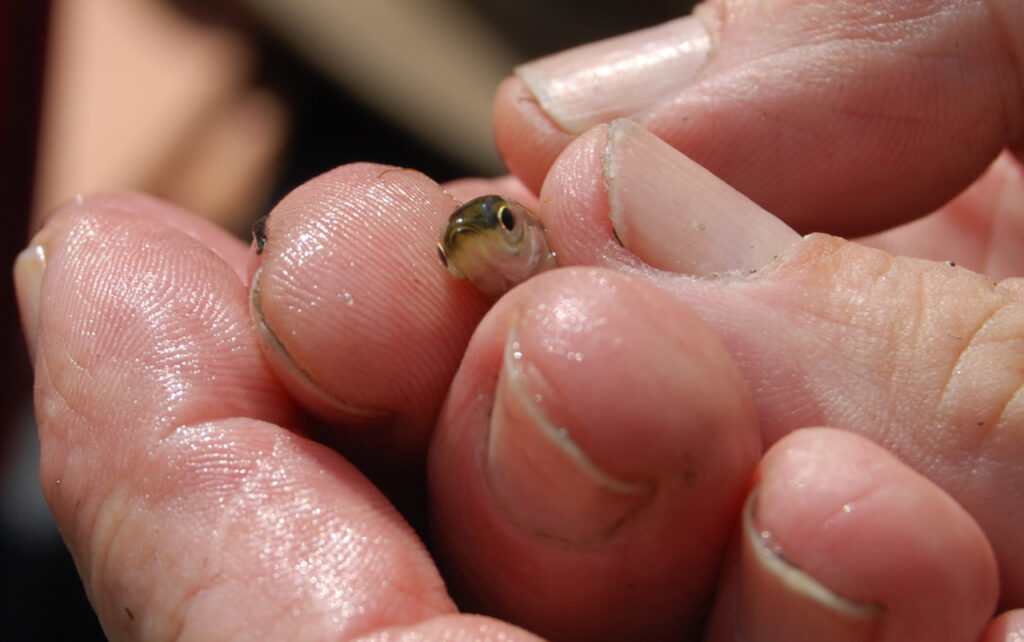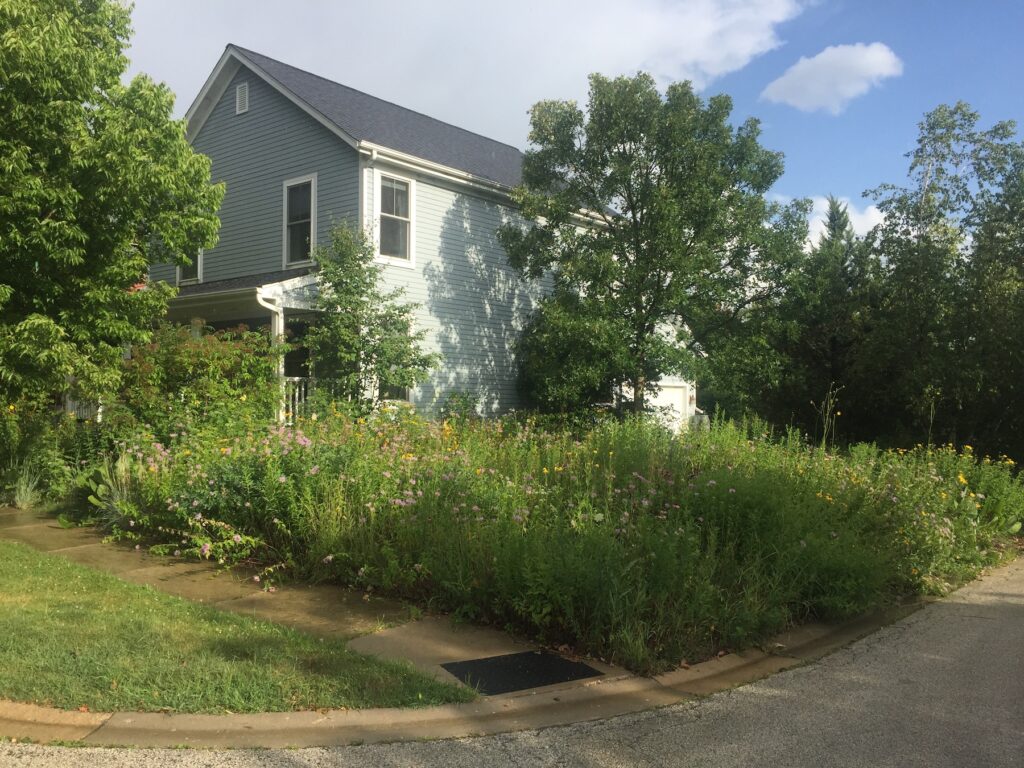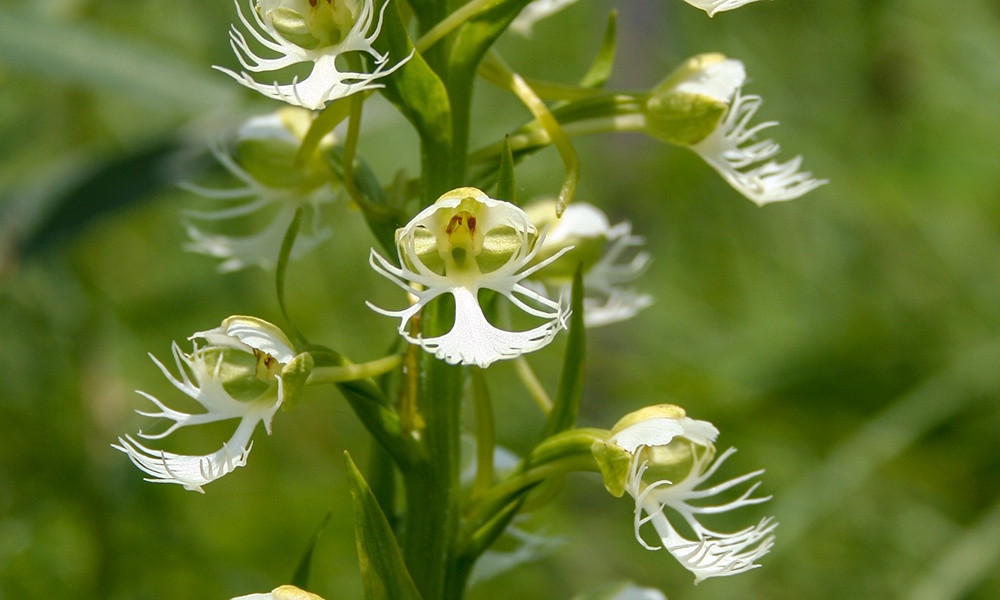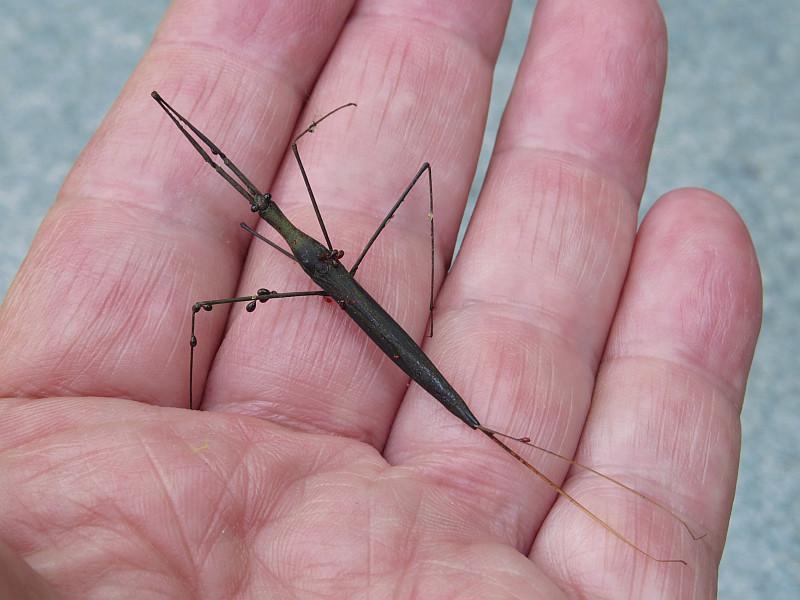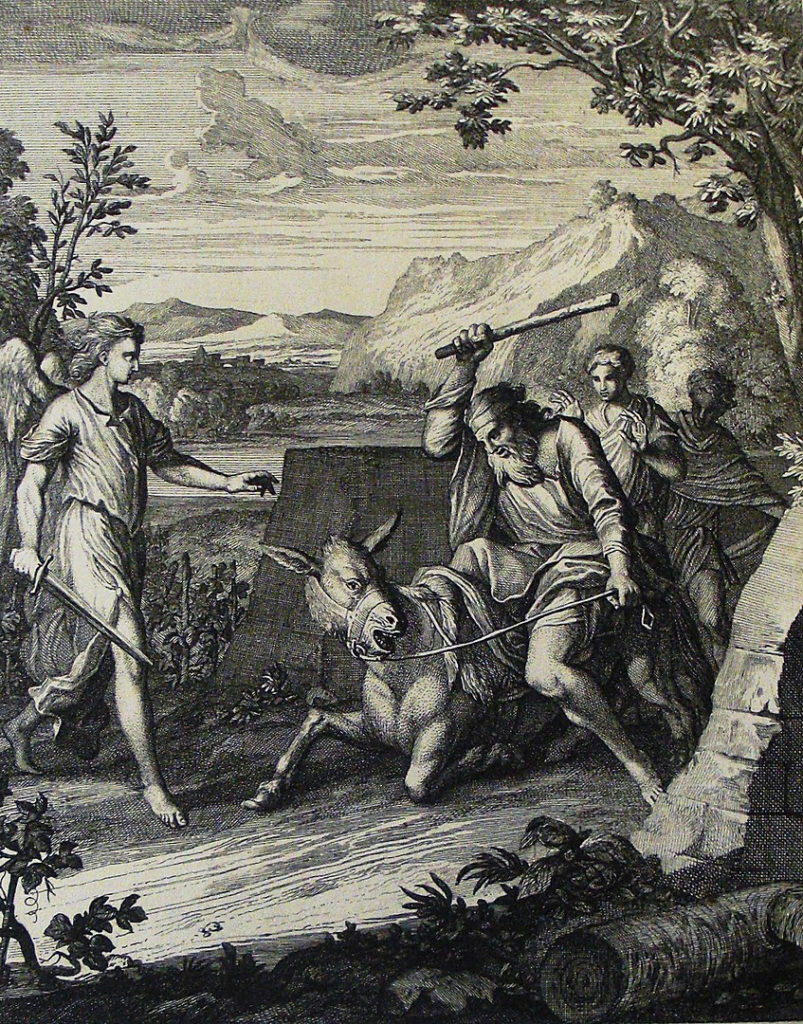Sometimes the words we use create a distance between us and the reality of what we are talking about.
In Christian theology, there are words like salvation, sacrament, and substitutionary atonement that are containers for a whole variety of complex ideas and frameworks. When it comes to communicating about God’s earth, there are, similarly, words like stewardship, biodiversity, green infrastructure, and environmental services. They are abstractions that take explanation.
My theory is that the greater the distance between a concept and the tangible reality of what we are talking about the more likely our hearts and minds are to be disengaged and passive. Complex and abstract words can create a slippery slope that takes us to rationalization of what we would not accept if it was understood plainly.
Framing something plainly, on the other hand, enables us to feel directly and authentically what is at stake. The decisions we must make become more clear, more stark. The power of Wendell Berry’s writing, for example, comes in part from the razor-like clarity and concreteness of the words and sentences he uses
The Bible is direct. Sometimes unsettlingly so. As an example, read Psalm 8: 3-9:
When I consider your heavens,
the work of your fingers,
the moon and the stars,
which you have set in place,
what is mankind that you are mindful of them,
human beings that you care for them?[a]
You have made them a little lower than the angels
and crowned them with glory and honour.
You made them rulers over the works of your hands;
you put everything under their feet:
all flocks and herds,
and the animals of the wild,
the birds in the sky,
and the fish in the sea,
all that swim the paths of the seas.
Lord, our Lord,
how majestic is your name in all the earth!
We are, to the psalmist’s amazement, rulers over the works of God’s hands.
That is what we are. Rulers.
For much of human history, there were many places and elements of Creation that we really didn’t feel like we ruled. Creation felt, at times, more powerful and wild than we could handle. But now there is no doubt that we do rule over all of God’s earth. We, as a species, have that much power.
But do we really grasp it in our hearts?
Consider this tiny fish with its large eyes in the gentle fingers of a scientist. It is out of its element. If it stays out of water much longer it will die. If the scientist squeezes too hard, it will not survive. The fate of this fish, one of the works of God’s hands, is completely in the hands of the scientist.
This is not just a picture of a particular fish in the hands of a particular man. It is the picture of a smaller, vulnerable, weaker being at the mercy of a larger, more powerful being. It is a being under the dominion of another being.
Do you know how that feels?
You do.
If you ever have had a parent, boss, neighbor, classmate, coworker, or institution in your life exercise power over you in a way that made you feel vulnerable, weak, threatened, and at their mercy, then you know how that feels.
That is what it is like for every living creature on and in this world. They are, like the fish in the photo, in our hands. They are largely helpless before us our tools, our systems, and our technologies. Whether we speak of whales, rusty patched bumblebees, tigers, bobolinks, baobab trees, pangolins, or sharks, God has given the rest of the life of the world into our hands.
We must decide what kind of rulers we will be.
Rather than looking at human examples of rulers, we should look to Jesus as the best example. In Jesus we see God ready to become one of us, to experience our world, and to be ready, as part of God’s creative and sacrificial mission, to overcome death and evil by teaching, dying, and rising again. We see God as the good shepherd willing to lay down his life for his sheep. This should give us a different idea of what human exceptionalism really means from God’s perspective.
Through Jesus, God wants us to have the most abundant lives possible. Shouldn’t we want the life under our dominion and power to enjoy the most abundant lives possible as well?
This photo reminds me, and especially my heart, that we need to have mercy and compassion in our rule over God’s earth just as we have desired mercy, compassion, and justice from other people who have had our fates in their hands. When we rule, our decisions have profound ethical weight. To make ethical decisions, we need to bring our hearts and our minds to the matter.
To assert or go along with the thinking that our rule is to be exercised without restraint for our power and convenience is to let our sinfulness dominate us. Dominion as license to exploit, extract, and exterminate is the fruit of sinful, selfish rationalizations.
One of the things that makes that it hard for us to be good rulers is that so much of our life is shaped by systems outside of our direct control. Like the distance created by abstract words, the distance between our values and the realities of what we control is confounding. We get our food from the grocery store which brings together a wide variety of foods and food-like items from farms and factories from all over the world. Our governments, both local and national, do things that it is hard for us to control. We don’t control the companies that make the things we buy for our lives.
What I urge you to do is to not let the confounding nature of the world beyond your direct control numb your heart.
See the world clearly, Think and feel plainly.
Pay attention to the realities of our rule and what they mean for other living creatures in this world. Use your creative imagination, one of God’s gifts, to try to understand how the creatures around us experience the world. What is their umwelt?
Then, where you have power directly, use it with mercy and wisdom. Where you don’t rule directly, do what you can to shape our collective rule in a better direction. Be a voice.
P.S. I took the image of the fish in the hands of scientist here in the Prairie Crossing conservation community in Grayslake, Illinois, where my family has lived for over two decades. It is one of five species of threatened and endangered fish that were introduced into a 2.8-acre manmade pond that was created to mimic a natural pond as closely as possible. The wild idea the scientist and other partners had was this – why not use this high quality pond as a fish nursery that could then be a source for repopulating waterways with those species of fish that had previously been present. You can learn more about this creative idea here. The pond’s name, appropriately enough, is Sanctuary Pond.

